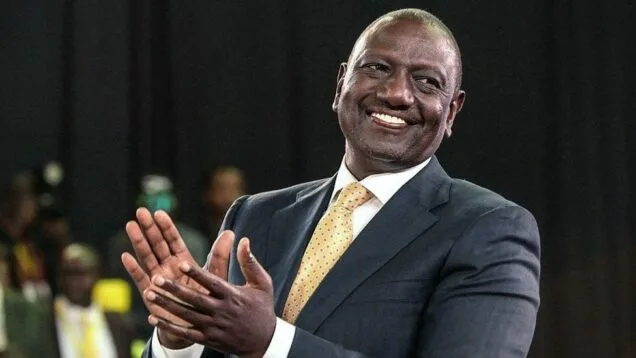Following the comments of Kenya’s new president, Williams Ruto, on the unsustainability of petrol subsidies, the East African country has eliminated its fiscal spending on petrol subsidies, a move that will help the country accrue some fiscal savings but also raise inflation pressures.
Petrol subsidies in Kenya had been super costly, creating opportunities for people to swindle money and could also deplete the country’s coffers. In June, Kenya’s Ministry of Finance and Planning said the country could run out of funds to subsidize fuel costs if prices kept rising, pushing the public debt to unsustainable levels–International Monetary Fund (IMF) classifies the country as having a high risk of debt distress.
Furthermore, Ruto revealed that subsidy payment would cost the country $2.3bn by the end of the current financial year, in June 2023.
The country removed the subsidy on petrol but retained it on both diesel and kerosene, a step that will help cushion the impact on the poor and most vulnerable people who use the latter for cooking. According to an update by Reuters, the Energy and Petroleum Regulatory Authority set new higher fuel prices for petrol, diesel, and kerosene.
As expected, the price of petrol rose by 13%, having a toll on Kenyans, particularly the ordinary people who will feel the pain of an increase in the cost of petrol.
Kenya’s inflation which stood at 5 percent as of the beginning of the year has surged to 8.5 percent in August 2022 due to the impact of elevated oil prices. Notably, the elimination of the petrol subsidy will fuel inflation in the country, further raise price levels, and can erode the living standards of the citizens in the short term. This highlights the need for the government to put countervailing measures in place to compensate its people for the welfare loss that would arise from subsidy removal.
Since the Kenyan government will realize some fiscal savings from the subsidy removal, the proper channeling of these funds to key sectors and pro-poor investment is a good way to combat the economic hardship that may emerge consequently.










